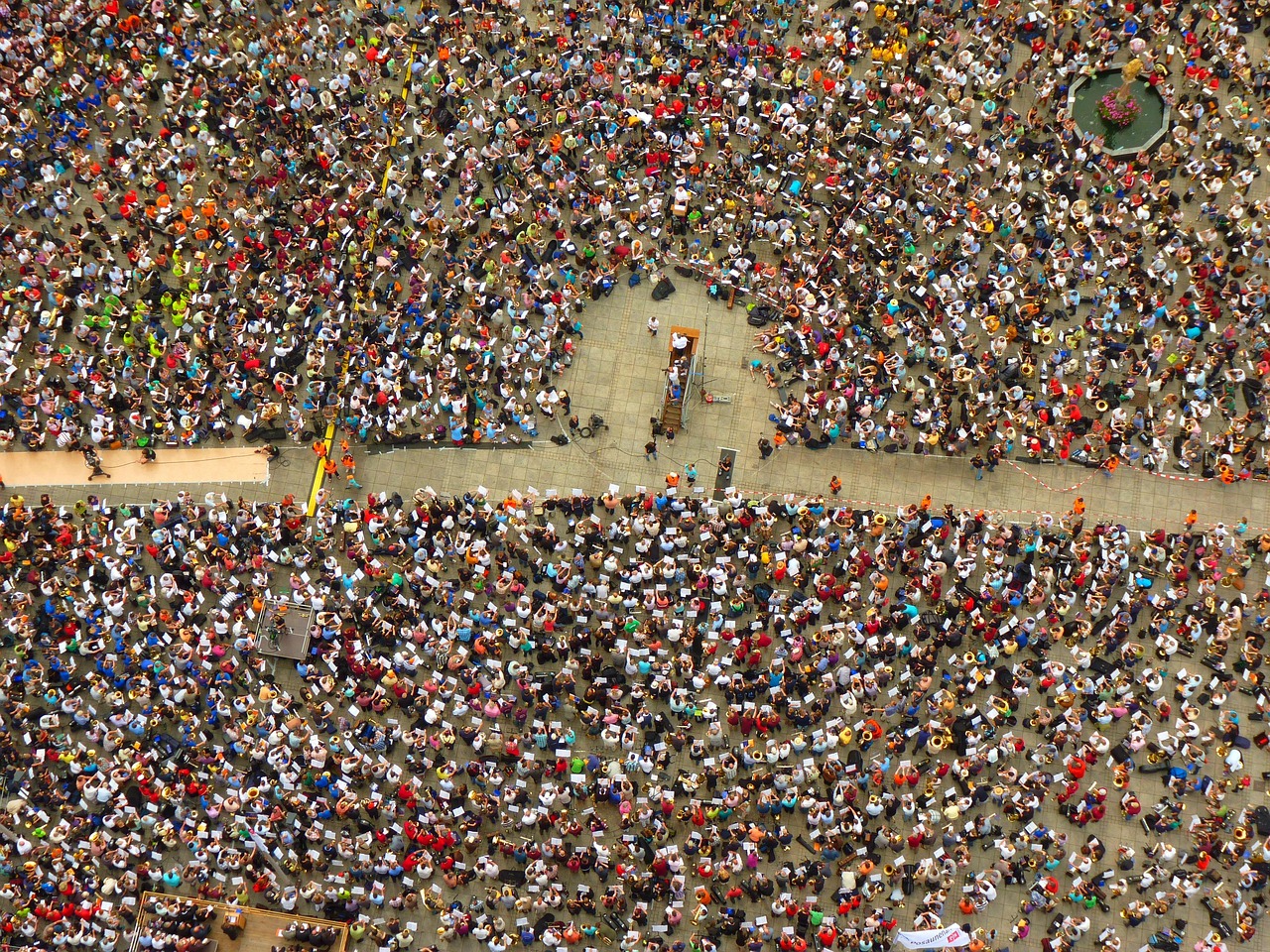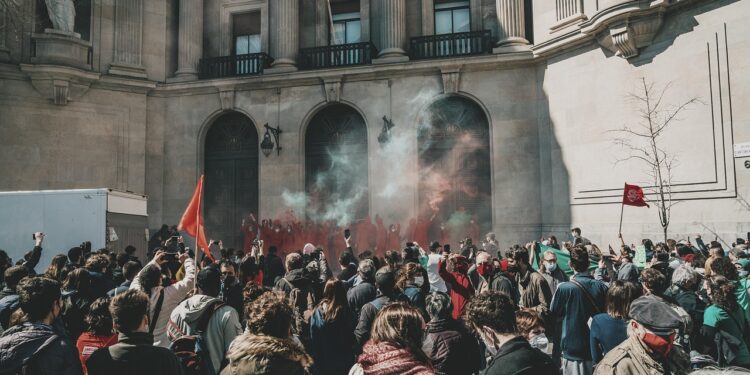The rising tide of street protests in Morocco, coordinated by the digitally native group Gen Z 212, is a furious reaction to the government’s priorities. As Morocco channels a reported $5 billion (£3.7bn) into a massive football infrastructure project (culminating in the globe’s largest stadium for the 2030 World Cup) a generation is asking a vital question:
“Is national spectacle more important than national well-being?”
The answer from the streets is a resounding “No World Cup, health comes first.” The Morocco protests, now dominates headlines, but the protests is revealing a deep-seated structural rot.

The protests, which began across 10 cities on September 27th, are a direct challenge to the government of Prime Minister Aziz Akhannouch, equating the lavish spending on football with a profound neglect of essential public services. The tragic, preventable deaths of eight women in an Agadir maternity ward in mid-September served as the heartbreaking catalyst.
This crisis is rooted in stark numbers: with only 7.8 doctors per 10,000 Moroccans (far below the WHO’s recommendation of 23) the country’s health system is demonstrably failing its citizens. Protesters like Hajar Belhassan, a 25-year-old communications manager, encapsulate the movement’s passion: “I don’t want to resent my country for choosing to stay,” she asserts, highlighting the anguish of a talented youth contemplating emigration due to systemic failure.
The New Face of Activism: Discord, TikTok, and the Leaderless Mandate
The Gen Z 212 movement (the name a nod to Morocco’s international dialling code) is an example of modern, decentralized activism, drawing inspiration from global peers like Nepal’s Gen Z protests. This is not the union-led or party-affiliated dissent of past eras, like the 1981 Bread Riots or the constitutional reforms of the 2011 Arab Spring. Instead, this is a leaderless movement coordinated across the fluid, encrypted spaces of Discord, TikTok, and Instagram.
This decentralized structure is precisely what confuses the authorities and, ironically, fueled early police overreaction. As Hakim, a 23-year-old arrested in Casablanca, eloquently asks, “What am I gaining from a country that is not providing healthcare for my ageing parents or educating me?”
The arbitrary mass arrests, the deployment of security forces to prevent gatherings, and the official tally of 409 detentions and a heavy-handed response from the Interior Ministry are desperate attempts to subdue a movement that lacks a single point of failure.
This is why the arrests of peaceful protesters, such as the brother of Ms. Belhassan’s friend, become powerful accelerants, driving more people to the streets. The government’s silence and reliance on “traditional path[s] of organisations” is proving ineffective against a horizontal, digital uprising.
Why It Matters
The movement’s core demands, shared widely on social media, are neither radical nor unreasonable; they are foundational to a modern, dignified society. They serve as a clear reform agenda for the Akhannouch government, centered on social investment:
Demanding free and quality education and accessible public healthcare for everyone directly addresses the failings exposed in Agadir.
In the same vein, calling for decent and affordable housing, improved wages and pensions, lower prices and subsidized basic goods, and job opportunities for youth speaks to the pervasive economic anxiety and high youth unemployment.
The demand to adopt English as the second language instead of French (after Arabic) is also a forward-looking proposal to boost global competitiveness and shift away from a post-colonial cultural preference that limits economic opportunities for the new generation.
The Prime Minister’s vague offer of “dialogue” rings hollow when met with mass detentions. To resolve the crisis, the government must move beyond rhetoric and immediately propose tangible, long-term investments in social capital, financed directly by adjusting the World Cup budget.
Immediate solutions should include: a televised, transparent commitment to meeting the WHO doctor-to-citizen ratio within a fixed timeframe, and a Youth Dignity Fund to aggressively tackle unemployment and housing shortages.

















